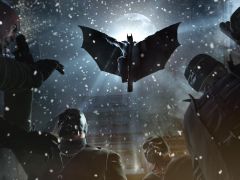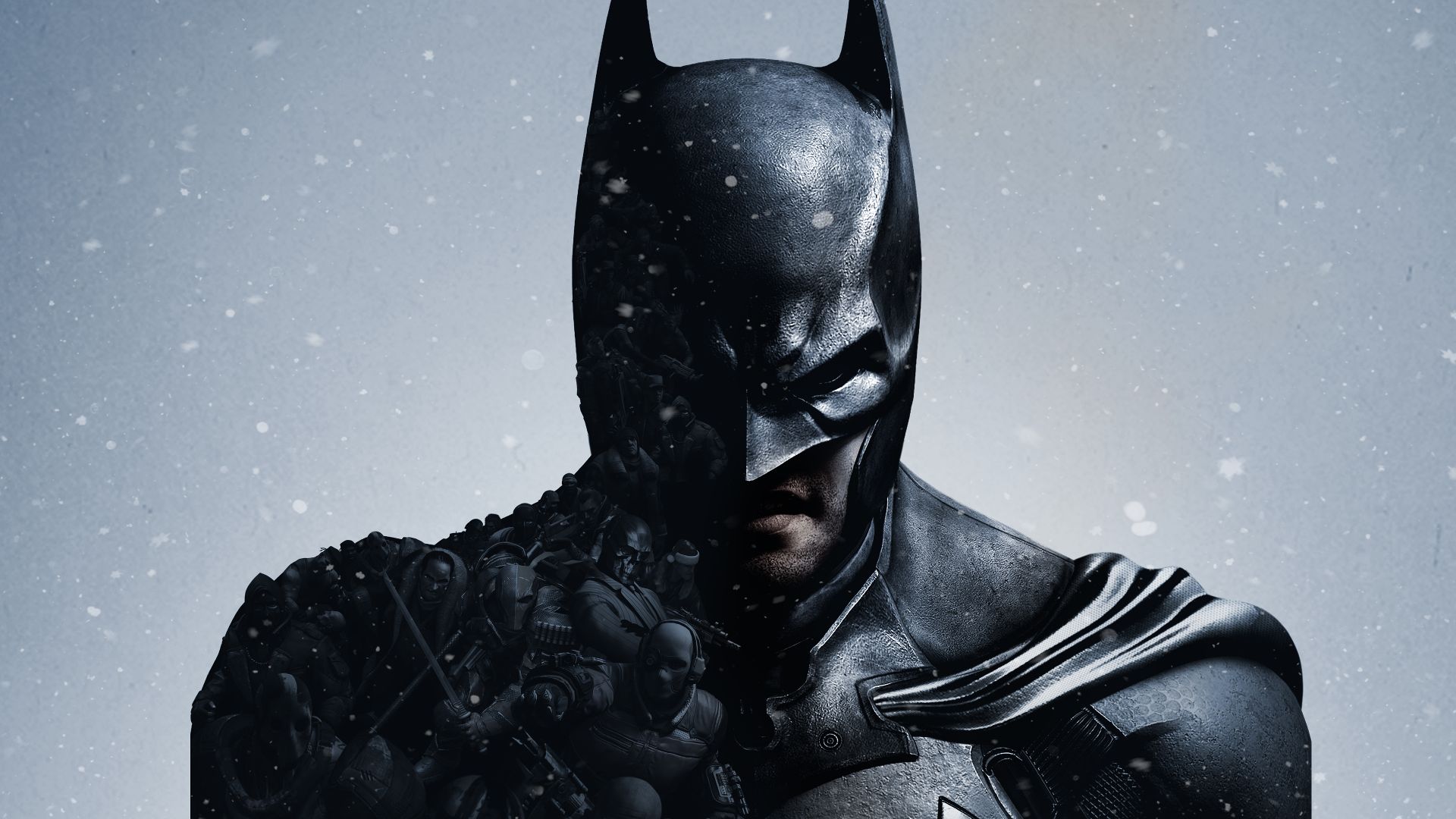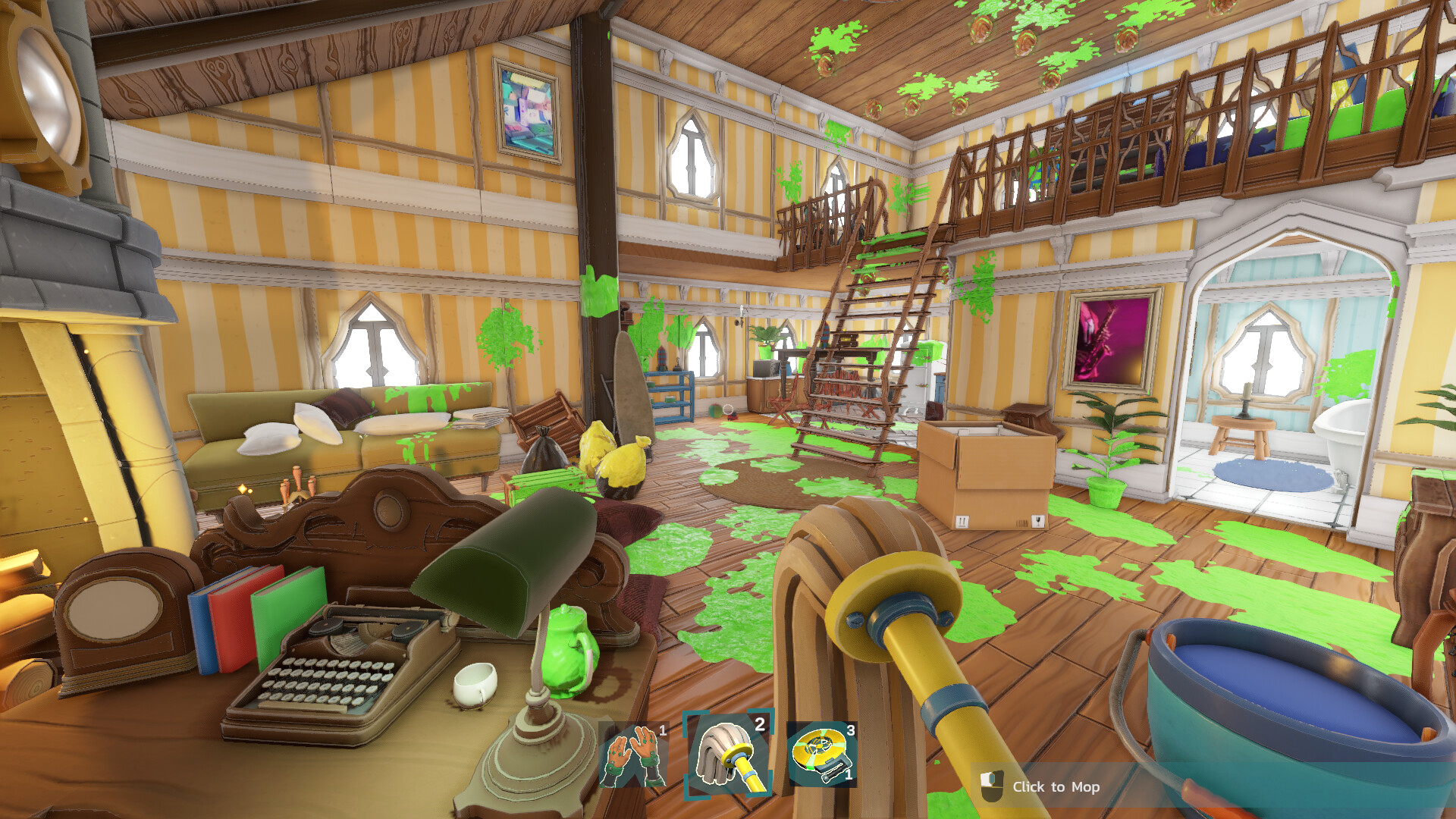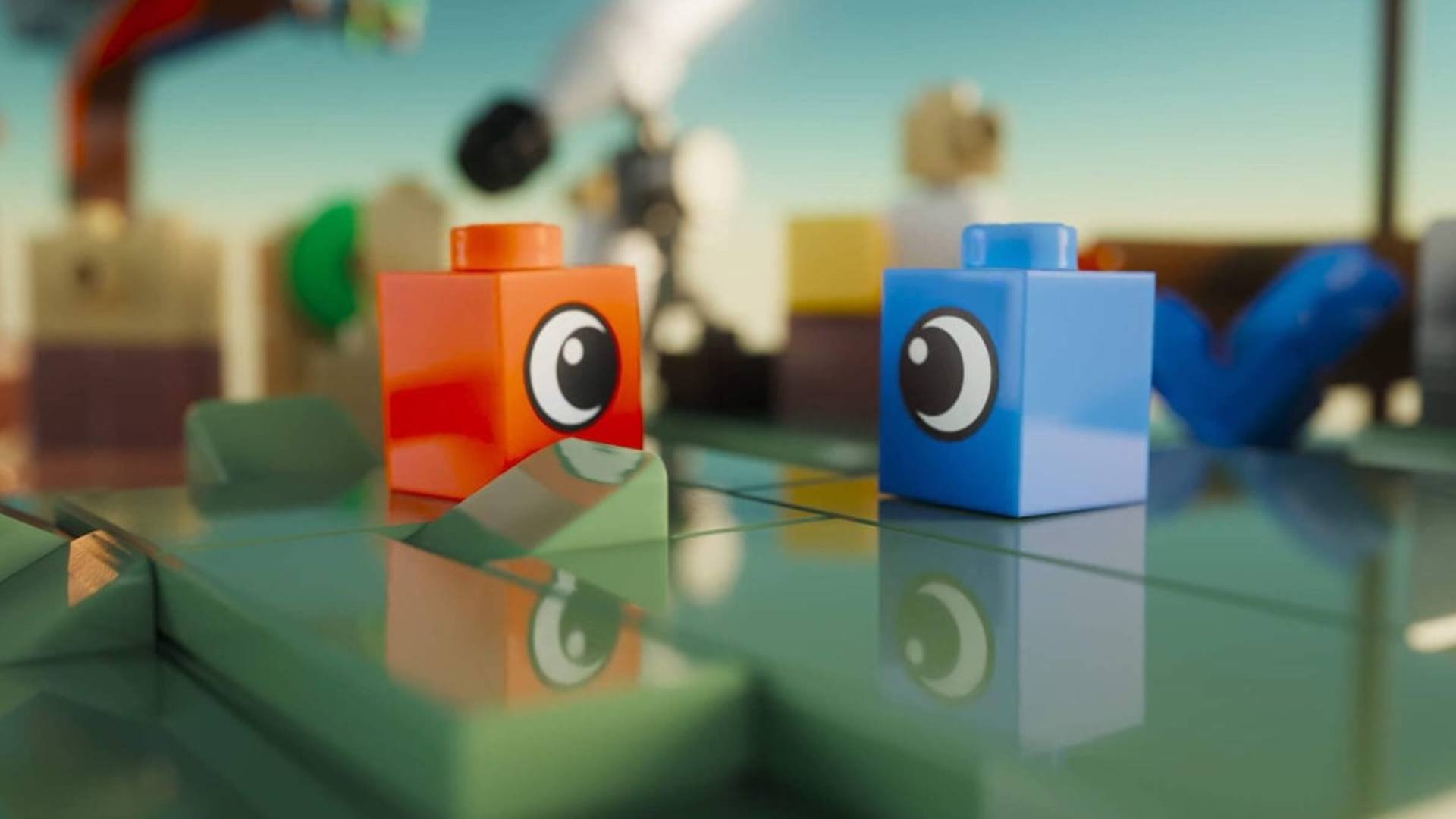You can trust VideoGamer. Our team of gaming experts spend hours testing and reviewing the latest games, to ensure you're reading the most comprehensive guide possible. Rest assured, all imagery and advice is unique and original. Check out how we test and review games here
In many ways, Batman: Arkham Origins seems a template for what other publishers should do when it comes to a sequel. As much as we may hate it, or decide it’s harmful to the industry, a successful game is always going to breed sequels. It’s just the nature of things. Look closer, however, and the third Arkham title actually stands as a testament to the difference between good developers and superb ones.
Warner Bros. Montreal’s mission statement was obviously very simple: keep it as a close to the last game as possible. There’s a certain amount of ambition here, in the sense the developer has taken particular elements and expanded them – the new enemy type known as the Martial Artist, a master of counter-attacking, is a pleasure to come up against – but it’s all been built off a template that’s already universally well-received. No drastic changes have been made – this is an extension in every sense of the word.
Written down, you’d be forgiven for thinking that sounds terrible, backwards even. The joy of the game, though, comes in where Origins is set. Deciding to turn the clock back and cover Batman only two years after he donned the cowl means you’re seeing the same world through someone else’s eyes. He’s not the experienced vigilante he is in the preceding two instalments. Instead, Bruce Wayne is young, reckless and has a temper on him that is yet to be controlled. It not only gives terrific insight into his entire story – if you were to take a step back and look at all three games simultaneously – but also breathes new life into Arkham’s foundations.
The result of this is that it’ll be better received by those who have an affinity for the Bat. Asylum and City were love letters to the character, no doubt, and Origins follows suit well, but the lack of a pronounced change – as there was between the previous two games – won’t sit as well for those who don’t still have Batman bedsheets. Even then, I find it hard to believe some enjoyment wouldn’t be taken from it. The combat system alone – which still stands as the best within the genre – remains finely executed. A few new animations only improve it more.
Credit also has to be given to the game’s choice of setting. While we return to an extended Arkham City, the simple addition of snow adds a terrific atmosphere to the dark streets of Gotham. More than mimicking Tim Burton’s Batman Returns – and the incredible soundtrack deserves a mention for doing the same thing – it’s a fine realisation and portrayal. The countless Christmas and New Year mentions only add to this idea further.
Warner Bros. Montreal has also, valiantly, tried to update the detective system in order to give it more weight. While the ability to piece together a crime scene by ‘scrubbing’ through evidence allows for a fascinating retelling of what happened, there’s still a fair bit of hand-holding in place, never really giving you the chance to play the investigator.
There is a noticeable difference in quality between this and what Rocksteady created, though. Showcasing the UK-based developer in an even better light than before, Origins struggles with the many smaller touches that have been so well-implemented in the past. Riddler Trophies, or ‘Enigma’ challenges that focus heavily on uncovering and collecting data packages this time around (Edward Nigma is still a new kid on the block, remember) lack the creativity of past iterations, often relying a little too heavily on what is and what’s not possible with a Batarang. They remain oddly morish – I defy anyone to pass one of the green switches and not give the puzzle at least one attempt – meaning those who are hoping for a similar amount of depth won’t be disappointed. If we break it right down, however, they’re just not as good.
The same goes for the many other side missions that litter the environment, too. Multiple enemies who aren’t in the hunt for the bounty put on Batman’s head turn up at specific intervals, but each scenario does spark the sensation of an aspect that’s come in prior games. They’re still entertaining to play through, but you never get that overwhelming sense of awe that was apparent when you encountered Scarecrow in Asylum, for example. Warner Bros. Montreal has set out to please fans by meeting their content expectations, and for that they should be applauded. It just stops Origins from entering that upper echelon were the two previous iterations to this deserve to reside.
In essence, it all comes down to what you want from the third game in the Arkham trilogy. If more of the same suits you down to a tee, with the added bonus that you get to see Batman’s first encounter – in this universe – with The Joker, you’ll come away with a smile etched onto your face. Warner Bros. Montreal has done a fabulous job in recreating someone else’s concept, but it’s a gilded cage.
I enjoyed nearly every second of Origins – aside from a few boss fights which descend into frustration territory – even if it does smack of, for lack of a better term, ‘more of the same’. Batman games have come a long way from the likes of Rise of Tin Szu, an experience so bad I actively shuddered when I wrote that. If Warner Bros. Montreal’s offering is what’s now considered ‘bad’ Batman gaming then my gosh – what a world we live in…
Batman: Arkham Origins
- Platform(s): Android, iOS, PC, PlayStation 3, Wii U, Xbox 360
- Genre(s): Action, Adventure

/https://oimg.videogamer.com/images/8b80/batman_arkham_origins_25.jpg)






